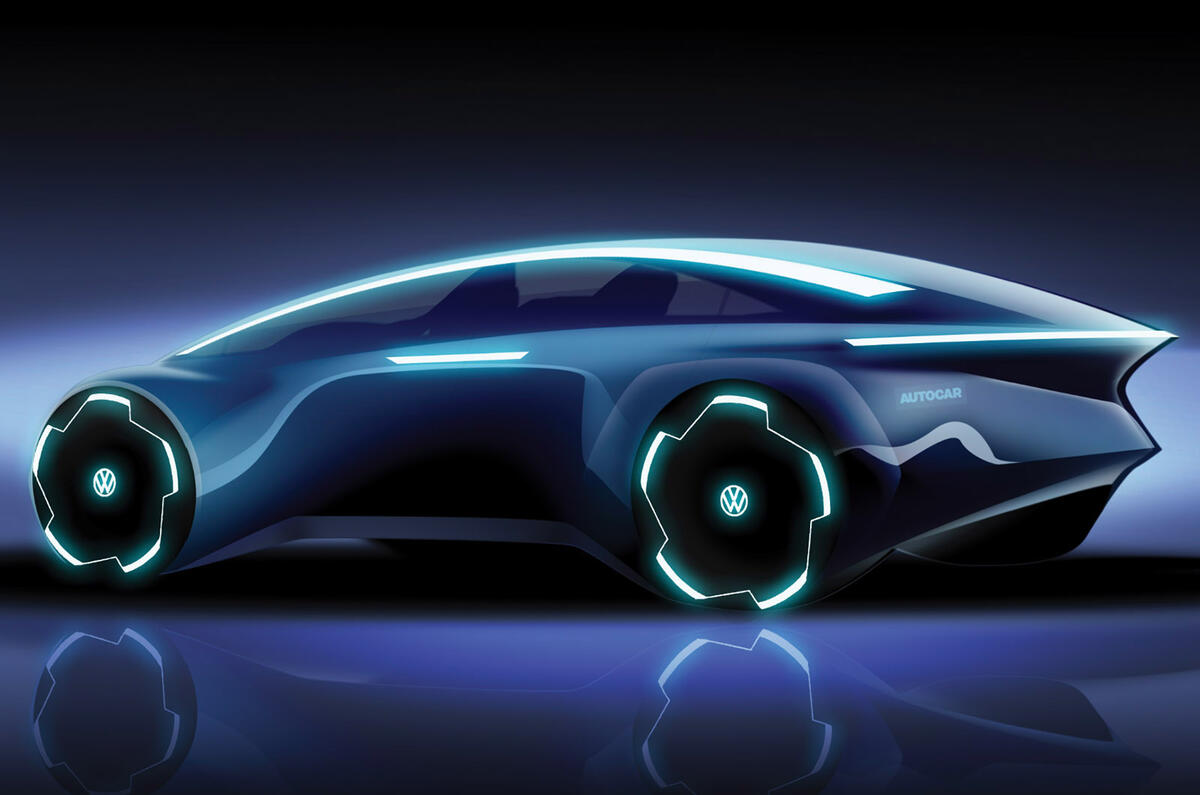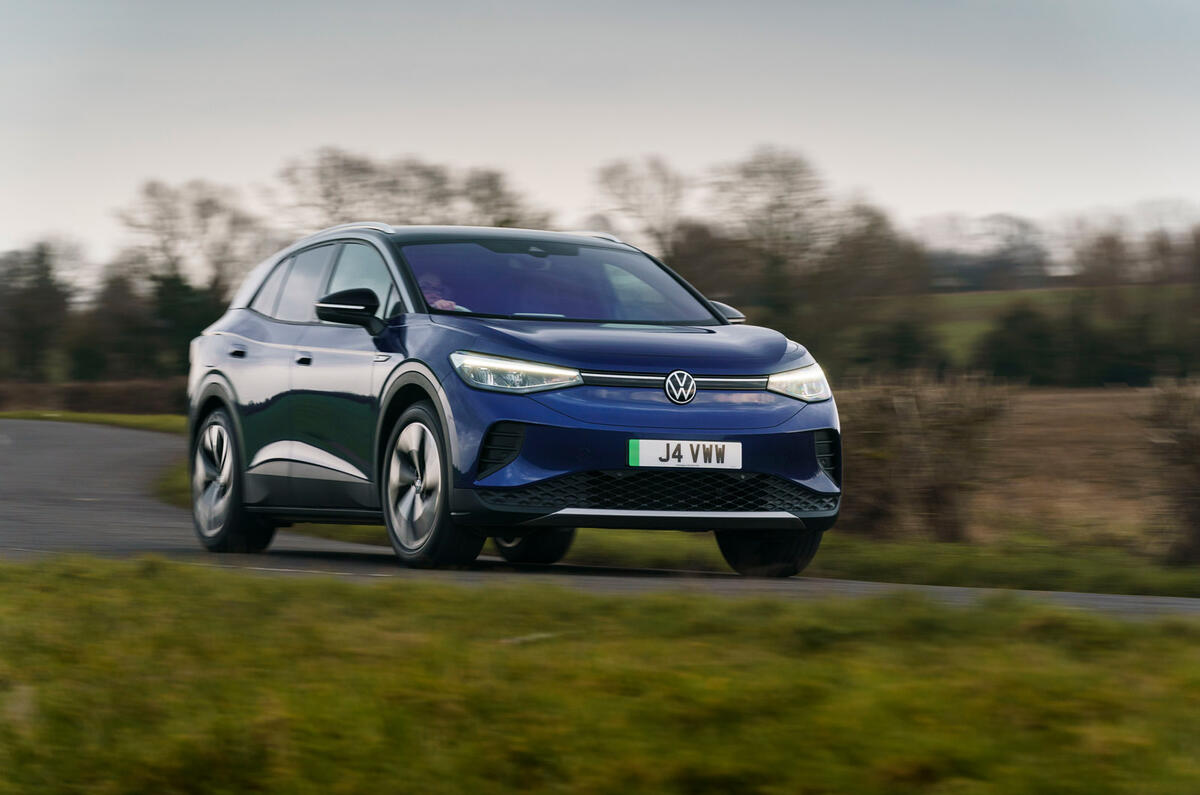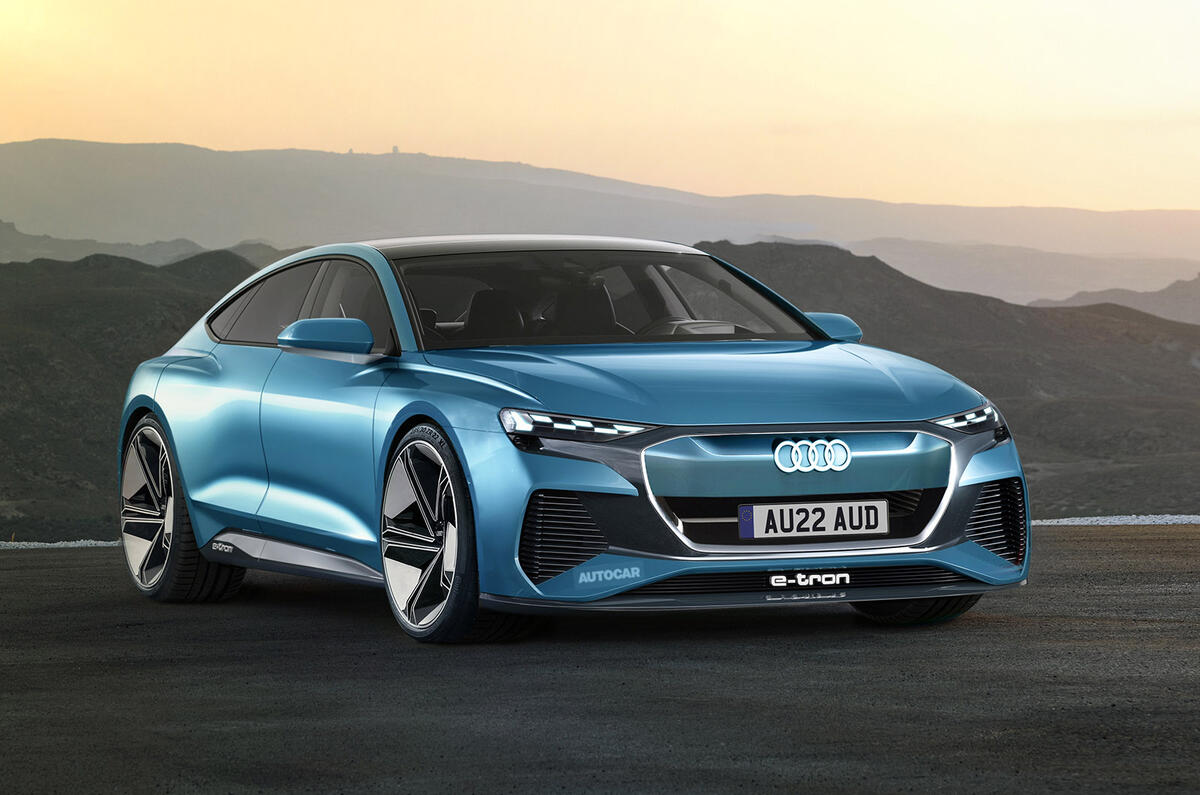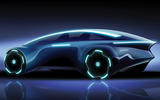Volkswagen’s new flagship model, which it’s developing under the codename Project Trinity and is due in 2026, will spearhead the firm’s next generation of bespoke electric cars with a focus on offering long-range, semi-autonomous driving – and it will change the way that cars are bought.
The new EV, which is still in the conceptual stage but set to take the form of a high-riding, sportback-style saloon, will be one of the first models to use the Volkswagen Group’s new Scalable Systems Platform (SSP). It will also introduce new digital technology and software systems to the brand’s line-up, along with upgraded battery technology offering a long range and fast charging.
The Project Trinity model will be sold in largely standardised form, with only a handful of hardware options made available to customers. Buyers will then be able to buy and ‘unlock’ the features they want through the car’s software. New features will also be offered for sale and downloaded through over-the-air software updates.
Volkswagen Trinity delayed to 2028 as €2bn factory plans reviewed
Advanced new software will also be key to enabling autonomous driving. Project Trinity will be launched with Level 2 driver assistance systems, but Volkswagen says that it will eventually be offered with Level 4 autonomy, allowing it to drive itself for extended periods on motorways that feature the necessary infrastructure.

Project Trinity is one of three ‘speedboat’ projects currently under way within the Volkswagen Group. The scheme is intended to accelerate the development of new technology, alongside Audi’s Artemis and Apollon programmes. Artemis is developing a flagship saloon, while Apollon will now operate as a sibling project to Trinity, with the goal of developing an Audi-badged electric SUV.






















Join the debate
Add your comment
I would argue that features like auto wipers and lights (maybe even auto dip), lane edge sensing and lane departure/proximity warnings are safety features and I hope that if VW go down this route, they are slammed by safety organisations for denying owners that do not pay for these things, when they are in fact available in the vehicle.
BMW already do this sort of thing with added functionality for a subscription in their 'connected' programme. I don't like that either, and will always aim not to pay for things that should be included as standard.
With articles such as this, VW are purely doing some market-research on the cheap!
What passes for 'news' or 'information' is a ploy to gauge reaction to money-making concepts! The same 'news' can be read on French motoring sites, for instance.
There is simply NO WAY that I will buy a car from an app on my phone: I want to see the car in the metal, I want to sit in it, I want to test-drive it, I want personalise it to my needs and taste, etc.
I have just ordered a new car and its anticipated replacement in 4 years from now will definitely NOT be a VW if the proposed structures are implemented by then.
Old curmudgeon, possibly, but unwilling to bend to the tyranny of marketing geeks!
Let's think about typical extras sold with a car - bigger wheels, sunroof, leather, upgraded seats or sound system, upgraded suspension, multi-zone climate control. This is all hardware, not software.
I suppose cars could all ship with, say, heated seats that are only available for an extra payment, but the inherent waste is abhorrent. Will cars really all be carrying the added weight of adaptive damper actuators that are locked in one position unless you pay more? Come on now.
I am sure cars will move to more of an App Store type model but this is marginal stuff.